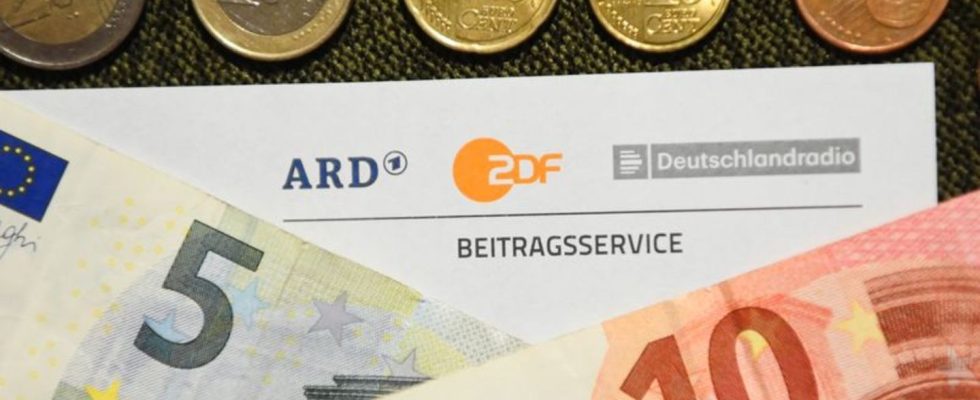The broadcasting fee – the former GEZ fee – is the main source of income for ARD, ZDF and Deutschlandradio. The monthly contribution is currently 18.36 euros. According to a recommendation from the commission to determine the financial needs of broadcasters, this should increase by 58 cents to 18.94 euros in 2025.
In a European comparison, Germany is one of the three countries that demand the most. Only Austria and Switzerland are even more expensive.
In Europe, states without a fee or with a contribution that has now been completely abolished or that it will be abolished in the near future are Andorra, Belgium, Bulgaria, Estonia, France, Great Britain, Liechtenstein, Lithuania, Luxembourg, Malta, the Netherlands, Romania and Russia , Slovakia, Spain, Ukraine, Hungary and Cyprus. No broadcasting fee is required in the USA and Canada either.
The amount of the contribution in Germany is discussed at regular intervals. The federal states commission public broadcasting through a state treaty – so they determine what it should do for the population or what programs it should offer. To achieve this, the houses must be financially equipped. The economic effort follows the order.
The independent experts from the Commission for Determining the Financial Requirements of Broadcasting Corporations (KEF) regularly review the financial plans of ARD, ZDF and Deutschlandradio and pay attention to thrift. When it comes to the amount of contributions, the federal states must closely follow the recommendations of the KEF experts. This sophisticated overall structure is also intended to secure the constitutionally protected freedom of broadcasting.
Anyone who wants to be freed must meet certain requirements. People who receive certain social benefits such as basic security in old age, benefits under the Asylum Seekers Benefits Act, BAföG or vocational training allowance do not have to pay broadcasting fees. Deaf-blind people and those entitled to special care are also exempt from payment.
Sources: Statista, EBUwith DPA

